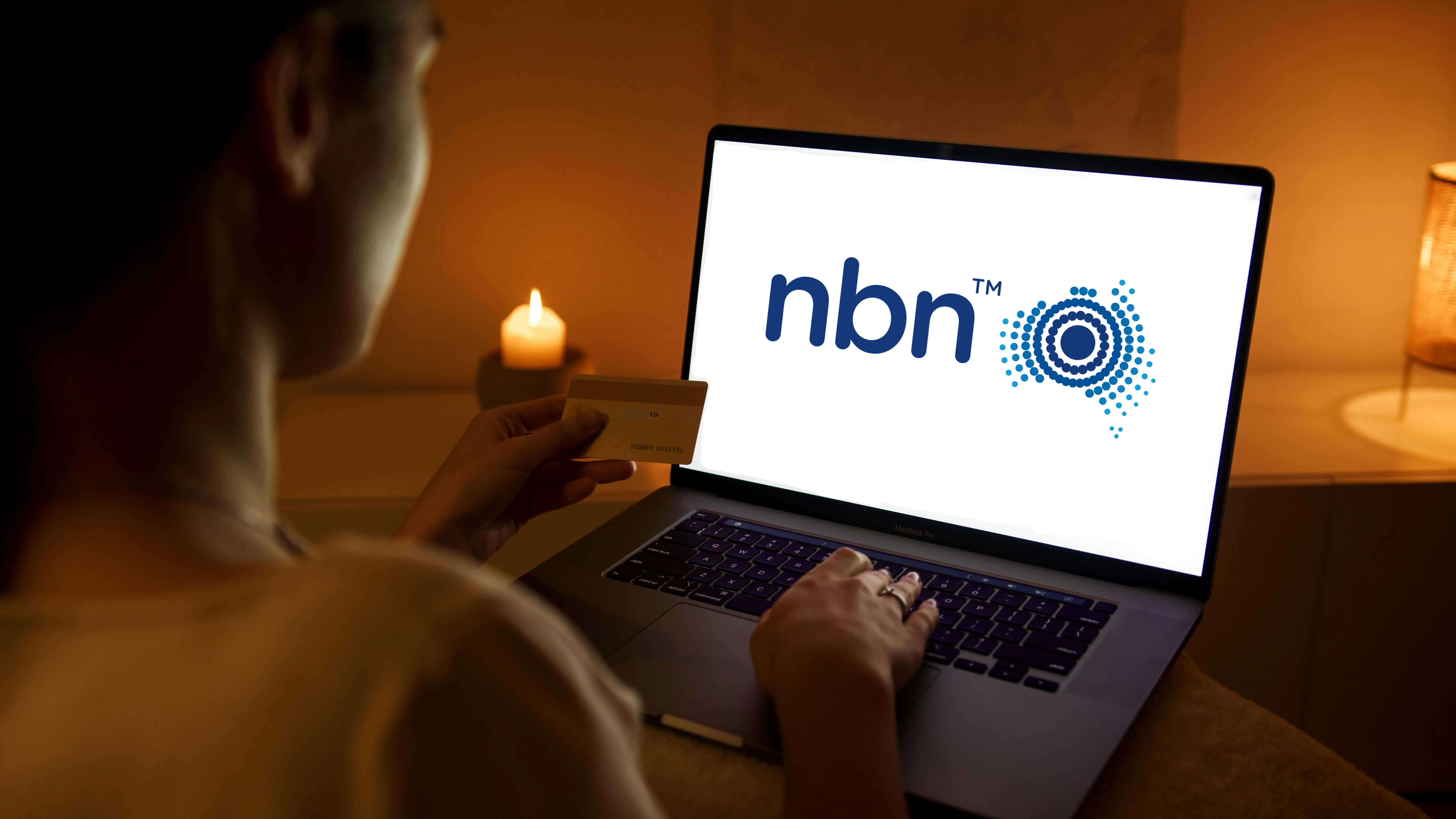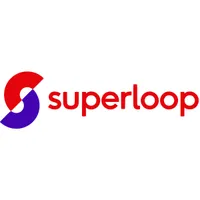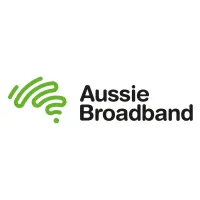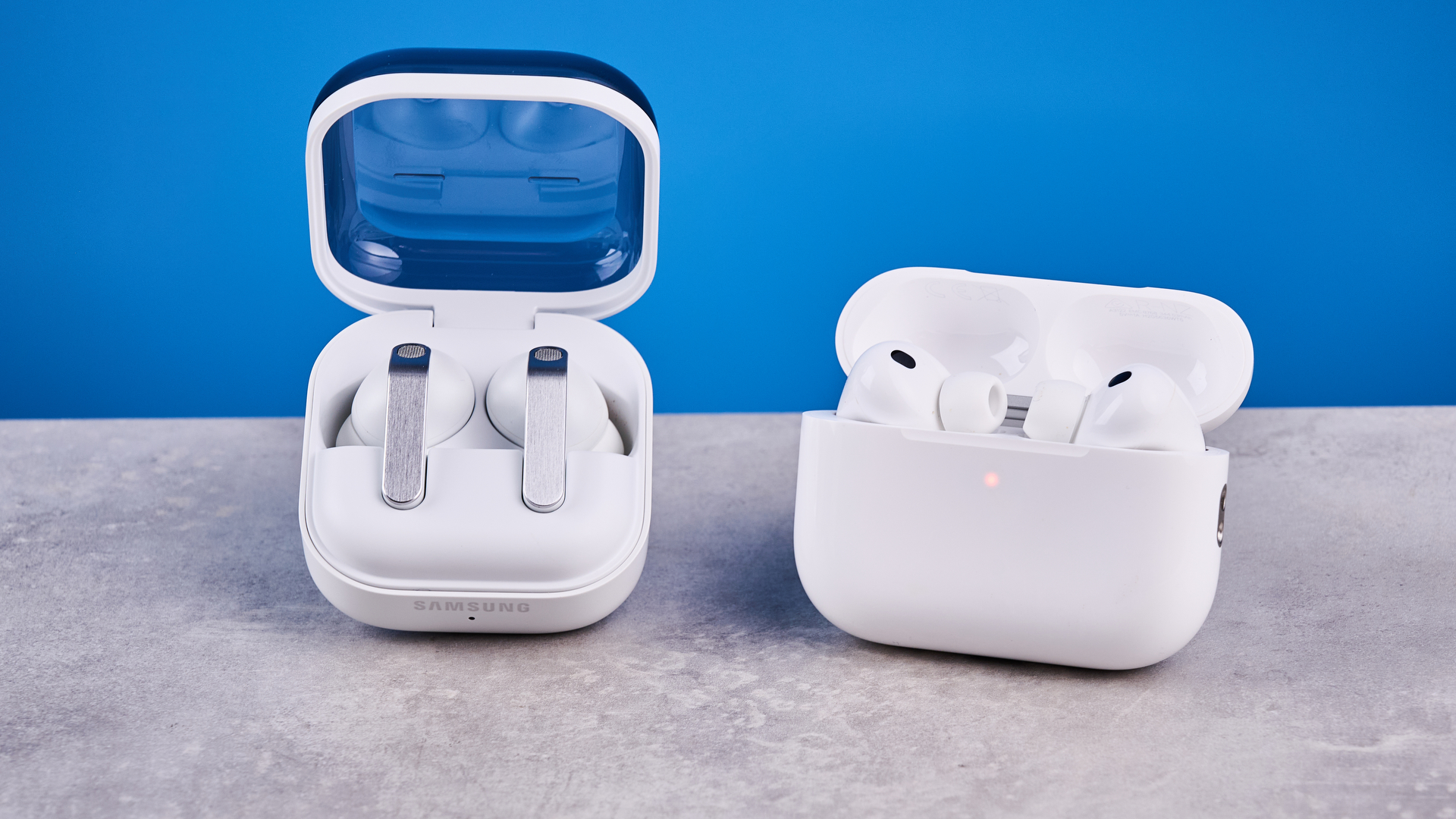Best NBN 2000 plans: top providers and deals for Australia's 'Hyperfast' internet tier
The fastest NBN tier is here

Here at Tom’s Guide our expert editors are committed to bringing you the best news, reviews and guides to help you stay informed and ahead of the curve!
You are now subscribed
Your newsletter sign-up was successful
Want to add more newsletters?
Join the club
Get full access to premium articles, exclusive features and a growing list of member rewards.
When compared with other countries, Australia's average internet speeds are seriously slow. But thanks to 2025's 'hyperfast' tier rollout, Australia ranks 41st for fixed broadband speeds, according to Speedtest's Global Index, averaging 164.98Mbps across the country. Meanwhile, Singapore still reigns supreme with a massive average of 410.06Mbps.
The hyperfast tier has boosted Australia's fastest speeds theoretically possible to a mighty 2,000Mbps. Right now, only five providers that we monitor have released NBN 2000 plans, but there's sure to be more plans on the horizon.
Hyperfast plans debuted back in September, and while they're a few months old now, there are still plenty of questions surrounding the new tier and what it means for Aussie consumers.
We've rounded up all the best answers on what to expect from the new speed tier, pricing, connection types and more. If you want more information on the best NBN plans currently available, you can check out our guide here.
Best NBN 2000 plans
Superloop | AU$145p/m (for 6 months, then AU$165p/m)
Hot off the press is Superloop's Hyperspeed plan, which advertises theoretical maximum potential speeds of 2,000/200Mbps on FTTP, or 2,000/100Mbps on HFC. These seriously hyperfast speeds can accommodate the largest of families with the most demanding users, providing more than enough bandwidth for high-res streaming, gaming and video calls at the same time.
Slicing AU$20p/m off the price for the first six months, you'll save an impressive AU$120 in total. Considering NBN 2000 plans average around AU$185p/m right now (based on our calculations using five providers), this is a good deal shy of that.
So, if you're keen to have all the megabits on offer with a 2Gbps plan, Superloop has our tentative stamp of approval.
Total minimum cost: AU$145 | Total first year cost: AU$1,860 | Total yearly cost: AU$1,980
Aussie Broadband | AU$169p/m using code 20SUMMER (for 6 months, then AU$189p/m)
Aussie Broadband's hyperfast lineup goes beyond other providers with not one, but three plans under the 2Gbps umbrella.
ABB separates its FTTP and HFC customers into different plans, with the former technology capable of a maximum of 200Mbps uploads, while HFC customers will only see (at most) half that, at 100Mbps. Both are priced at AU$189p/m ongoing. That said, its current discount sees the plans discounted by AU$20p/m for the first six months.
Aussie's extra 2Gbps offering is its Hyperfast Pro plan, which claims a massive 500Mbps uploads for $220p/m (or an extra AU$31). Aussie doesn't yet have real-world figures for what kinds of top speeds these plans will deliver, so if you sign up now, you'll need to be prepared to be a bit of a guinea pig.
Total minimum cost: AU$169 | Total first year cost: AU$$2,148 | Total yearly cost: AU$2,268
NBN 2000 FAQ
How fast are NBN 2000 plans?
NBN 2000 plans theoretically provide a maximum of 2,000Mbps downloads, doubling the previous fastest speeds of 1,000Mbps. Upload speeds are also expected to increase when compared to NBN 1000 plans, reaching 200Mbps; however, this is only expected for FTTP connections.
As we often say here at Tom's Guide, this 2,000Mbps estimate is a theoretical figure, meaning that most plans are unlikely to reach those high speeds in the real world. Though, in our experience, we've seen providers get surprisingly close to the speed estimates, much like Flip claiming 900Mbps TES on the NBN 1000 tier.
While it's unlikely that customers will be able to reach the full 2,000Mbps download speeds, some households could achieve a higher download speed margin than others, depending on their location, NBN connection type and preferred ISP.
What connection types are compatible with NBN 2000 plans?
Right now, NBN 2000 plans are only available to homes and businesses with either fibre-to-the-premises (FTTP) or hybrid fibre coaxial (HFC) connection types.
Customers with other connection types will need to upgrade to full fibre to access NBN 2000 plans. As of December 2025, NBN Co's free fibre rollout offers 2Gbps speeds to over 10 million households and 20% of Australian homes and businesses have taken up the rollout, according to NBN Co's half-yearly results. Alongside the network upgrade, NBN Co introduced new NTD multi-gigabit connection boxes last September.
If you wish to jump into the hyperfast lane but haven't upgraded yet, you can check your eligibility on NBN Co's website.
How much does a NBN 2000 plan cost?
At the time of writing, only five providers are offering NBN 2000 plans, with the average price being AU$185p/m.
The cheapest provider that we monitor is Southern Phone, with its plan costing AU$149p/m and the most expensive provider right now is Aussie Broadband at AU$189p/m.
Should I switch to a NBN 2000 plan?
Your chosen NBN plan often depends on your household's internet needs and connection type. That said, for most homes and businesses with FTTP or HFC, NBN 2000 plans won't be the go-to option due to some pretty hefty price tags.
However, NBN 2000 plans aren't the only new offering being introduced this year, as NBN Co has announced that all fast tiers (think 100Mbps and up) will be recipients of a speed boost. NBN 100 plans will get a 5x maximum speed increase to 500Mbps, NBN 250 plans will increase to 750Mbps maximum and NBN 1000 plans will bump minimum speeds to 750Mbps.
So, in essence, all NBN 100 plans and above should automatically get upgraded to faster speeds. You should also note that these promised speed increases will only apply to customers with either an FTTP or HFC fixed-line NBN connection. If you’re on the older FTTN or FTTC infrastructure, then you will need to take advantage of the free fibre upgrade if you want to increase your home download speed.
You may question whether upgrading to an NBN 2000 plan is necessary after all, and to that we say, if you're a heavy internet user, have the means to afford one or simply want to try out hyperfast speeds when they do become available, go for it. However, you may already be satisfied when these boosts come into effect and find there's no need to switch plans or providers after all.
Get instant access to breaking news, the hottest reviews, great deals and helpful tips.

Lucy Scotting is a digital content writer for Tom’s Guide in Australia, primarily covering NBN and internet-related news. Lucy started her career writing for HR and staffing industry publications, with articles covering emerging tech, business and finance. In her spare time, Lucy can be found watching sci-fi movies, working on her dystopian fiction novel or hanging out with her dog, Fletcher.
 Club Benefits
Club Benefits












